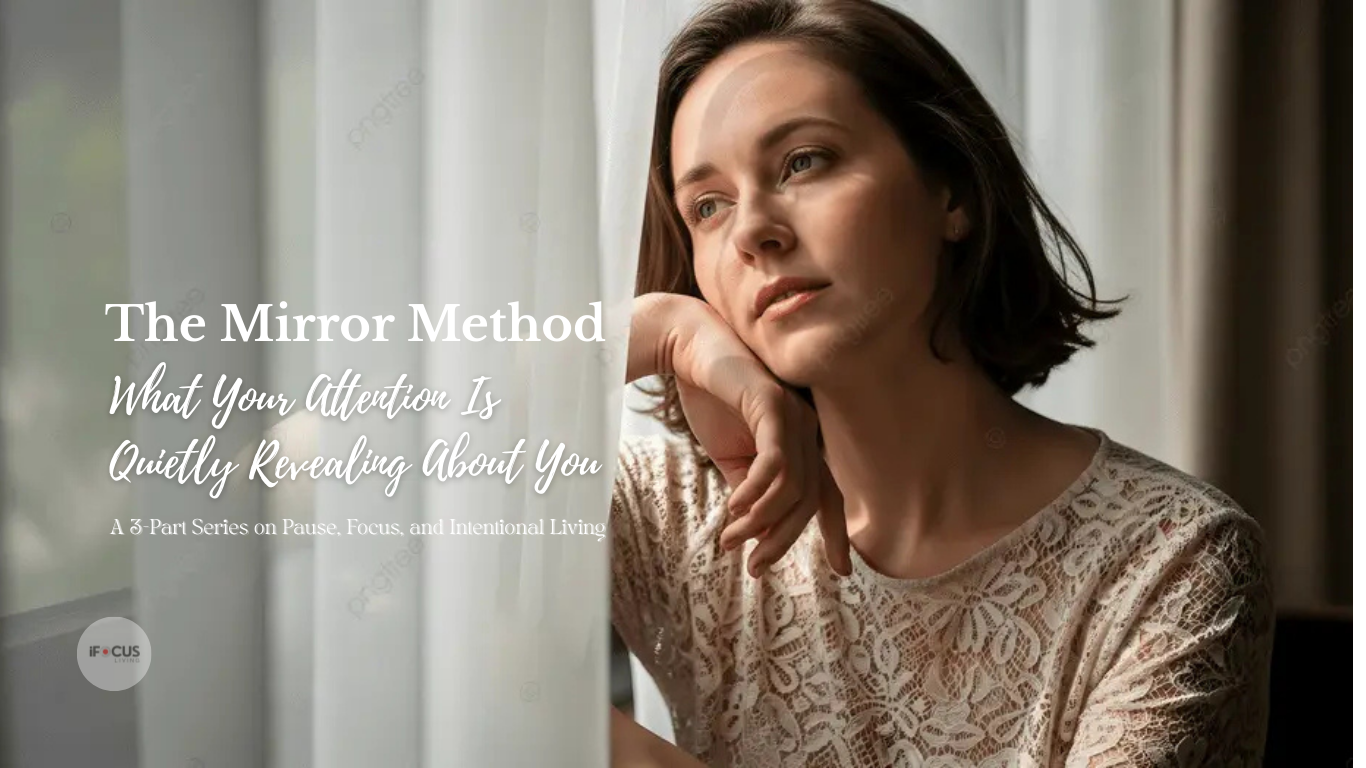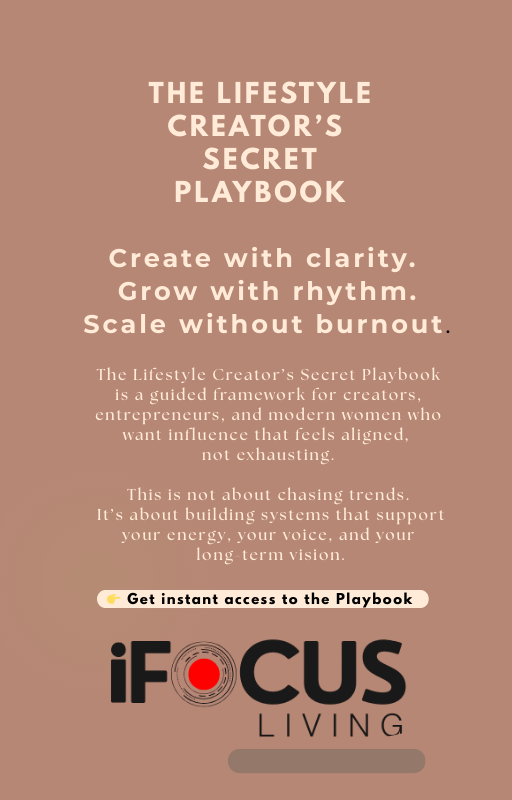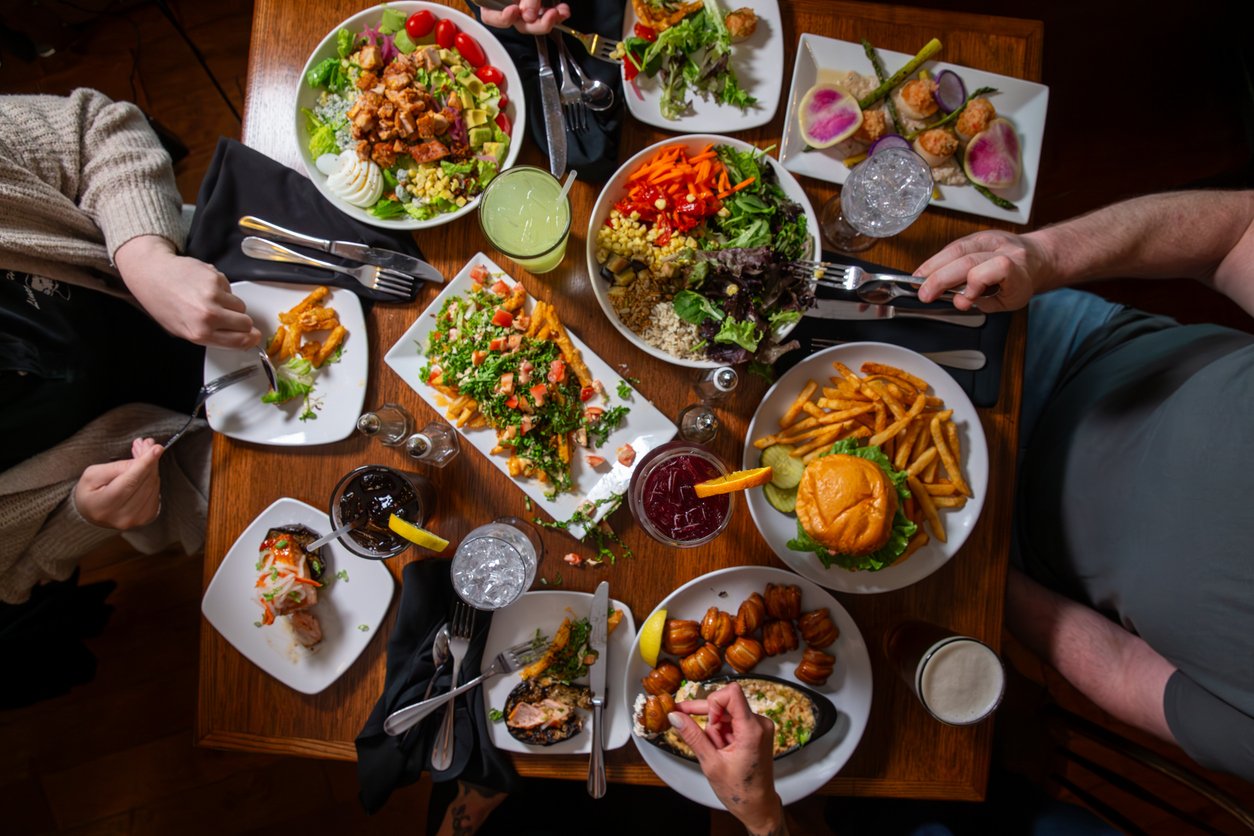Have you ever checked your bank statement and thought, “Wait… how did I spend all that?” One Target run, three takeout orders, a random Amazon buy “for the kids,” and poof—your paycheck vanished like smoke. If you’ve been there (more than once), you’re not alone—and you’re not irresponsible.
We live in a culture that whispers, scrolls, and shouts “Buy now, feel better later.” But what if the key to financial peace isn’t budgeting harder, but getting radically honest about your values and priority needs?
Let’s break it down together—with compassion, clarity, and a little style.
💸 The Real Reason Your Money Feels Like It’s Ghosting You
Most of us were never taught how to think about money—only how to spend it or save it. And even then, advice usually comes in rigid, guilt-driven rules:
“Don’t buy lattes!”
“Skip the pedicure!”
“Cut subscriptions!”
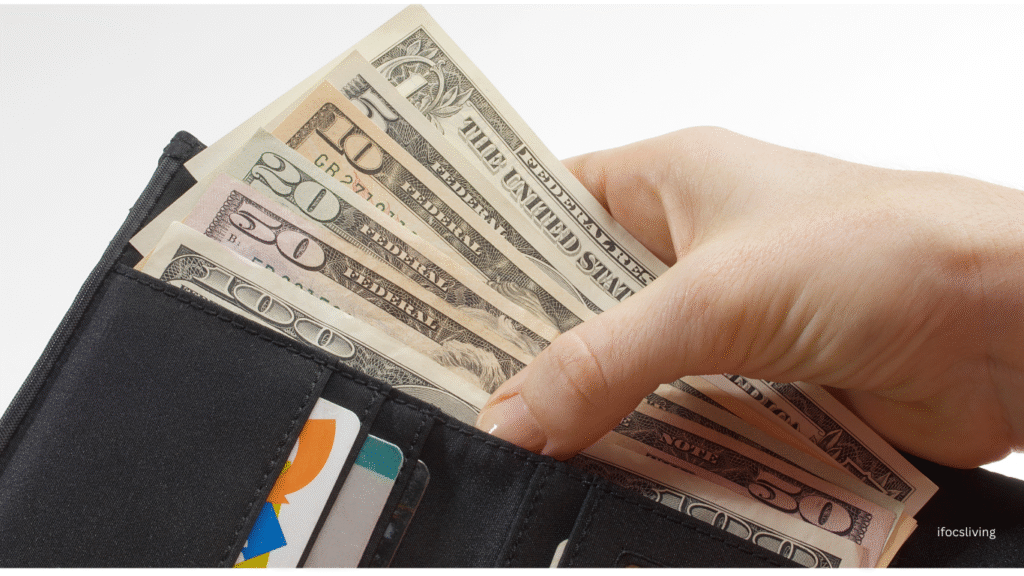
But here’s what many financial educators are now saying: Budgeting without values is like packing a suitcase without knowing your destination.
Dr. Brad Klontz, a financial psychologist, puts it simply:
“Your spending will always drift without a purpose anchored in your values. That’s when money starts to control you—instead of the other way around.”
👛 From Confused Spending to Conscious Spending
Instead of chasing quick fixes, the real glow-up begins when you align your money with your core values. Ask yourself:

- What truly matters to me right now?
- What are my non-negotiables for peace, growth, and joy?
- What kind of life am I building—and does my spending reflect that?
Here’s how this looks IRL:
💼 If your value is stability → Your priority need might be an emergency fund or paying off debt.
💗 If your value is wellness → You’ll feel good investing in yoga classes, therapy, or clean groceries.
🧠 If your value is growth → Courses, coaching, or books won’t feel like expenses—they’re investments.
When you know your why, the how of spending gets easier—and smarter.
✨ Personal Story: From Amazon Addict to Intentional Spender
Let me be honest. I used to impulse-buy self-care items to “feel better”—candles, planners, even supplements I never took. But deep down, what I really craved was rest, structure, and emotional clarity.
So I paused. I asked: What am I hoping this purchase will solve?
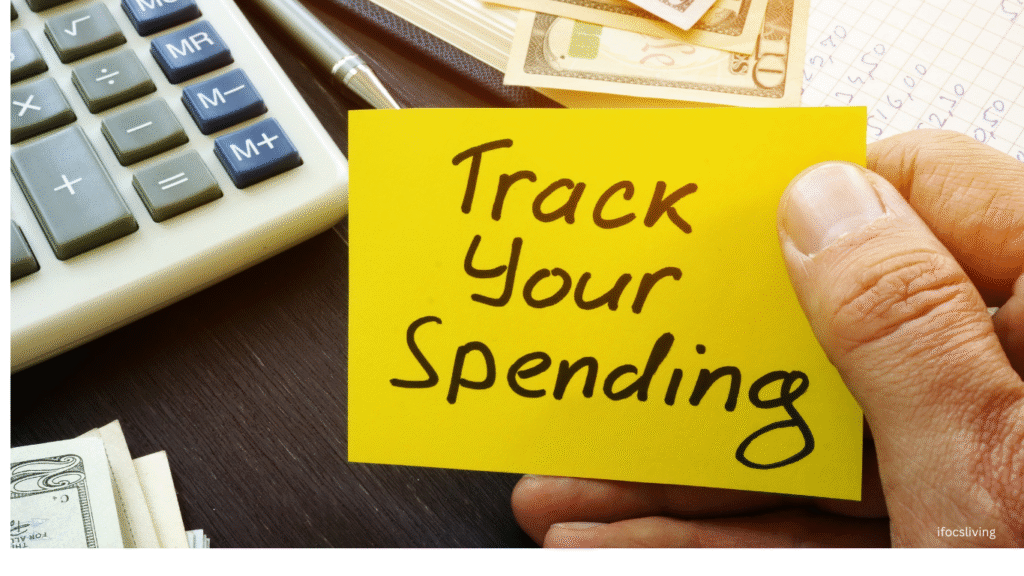
When I realized what I truly needed was peace and presence, I started redirecting those funds toward weekly therapy, time-blocking my week, and even hiring a sitter for a few hours of quiet. Game. Changer.
📝 Quick Exercise: The “Money Mirror” Check-In
- List your top 5 values.
(Ex: Peace, Family, Faith, Growth, Health) - Look at your last 5 transactions.
Ask: Do these reflect my values—or my distractions? - Name one thing you want to start funding that truly aligns.
(Then make a micro-shift today.)
📈 Expert Tip: Make a “Values-Based Budget”
Finance educator Tiffany Aliche (aka The Budgetnista) encourages us to treat budgeting like storytelling.
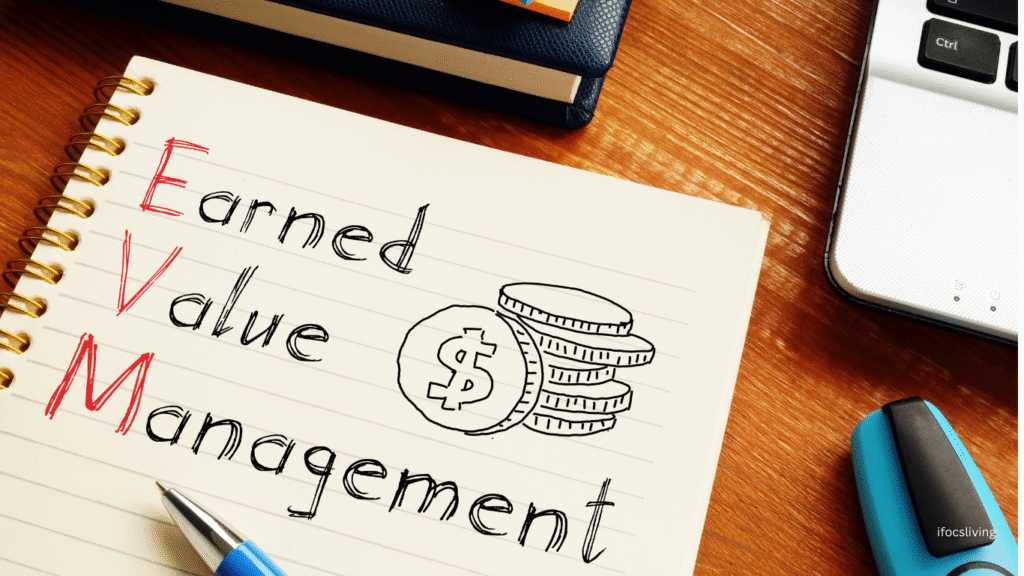
“You’re not just tracking dollars—you’re writing the story of your life. Every expense should have a purpose that points to what you value most.”
Try organizing your budget into value-aligned categories, not just “needs vs. wants.” You’ll quickly see where you’re out of sync—and where to lovingly course-correct.
🛍️ It’s Not About Deprivation—It’s About Direction
Knowing your values isn’t about guilt-tripping yourself out of little pleasures (hello, oat milk lattes!). It’s about feeling empowered every time you swipe your card or click “add to cart.” Because now, you know what you’re really saying yes to.
🔑 Final Word: Where Your Money Goes, Your Energy Flows
Money isn’t just currency—it’s a mirror of what matters. And when you start spending in a way that honors your truest priorities, something magical happens:
You feel more in control, less anxious, and way more fulfilled.
So the next time you wonder, “Which way did my money go?”, ask instead:
“Did it reflect the life I’m building—or the life I’m numbing?”
That’s where the real shift begins.
📣 Let’s Talk: What’s One value you want your money to reflect this month?
Share below or DM me—I’d love to hear.


